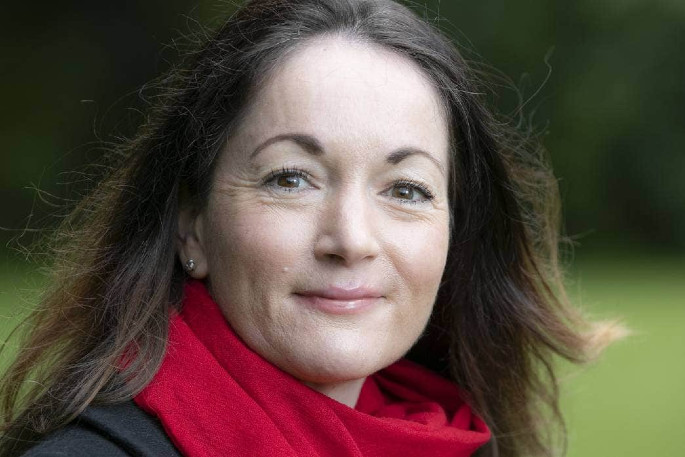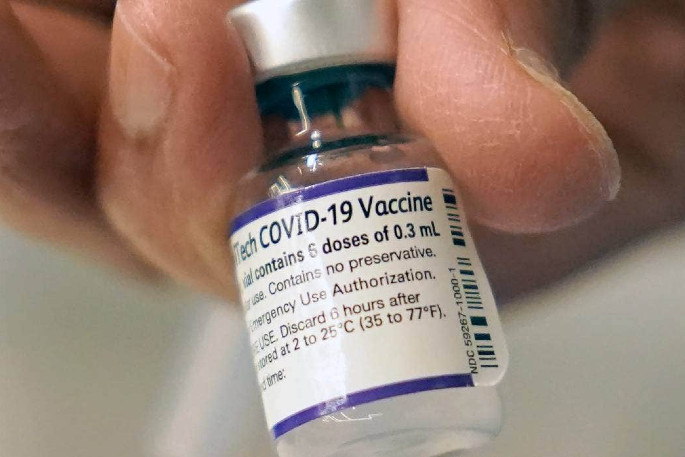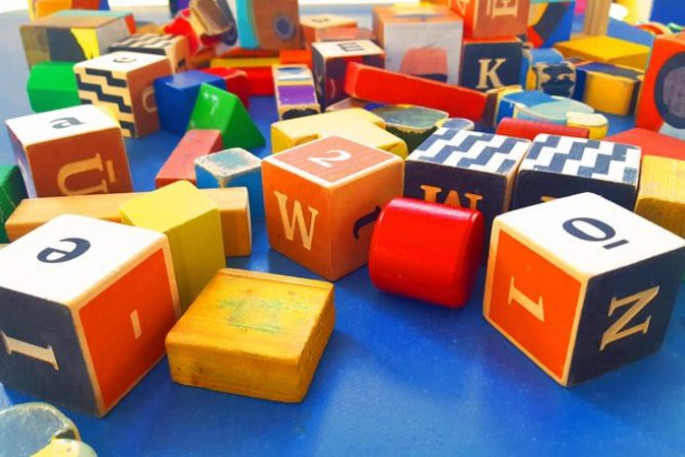Measures to protect preschool children from Covid-19 are inadequate, says a public health expert, as more than 300 under 10s have been hospitalised so far due to the virus.
Another says early childhood education (ECE) centres are 'an environment where Covid-19 could spread quite easily” and, if possible, under 5s should be kept at home.
The ECE sector is seen as vulnerable to Omicron as children under 5 are unvaccinated and do not wear masks, and unvaccinated staff can soon return to work. Centres are advised to ensure good ventilation, but this will become more difficult as winter approaches.
Canterbury early learning services (ELS) – which includes kōhanga reo, kindergartens, Montessori and playgroups – have recorded the highest percentage of Covid-19 cases in the country over the last 10 days.
The region, which includes the Chatham Islands, has 493 ELSs, of which 296 (60 per cent) have recorded cases. This compares to 56 per cent in Nelson, Marlborough and the West Coast and 55 per cent in Wellington, as of 10.30am on Thursday.
As case numbers have increased, attendance at Canterbury's ELSs has fallen. On February 22 there were 12,716 children who attended, but by March 18 that had fallen to 9221.
According to the Ministry of Health, 67,529 under 10s have contracted Covid-19 across New Zealand, with 329 cases leading to hospitalisation, as of Thursday.
Julie Bennett, a senior research fellow at Otago University's Department of Public Health, said in general Omicron is a less severe disease in younger children than other age groups, but it is not without risk.
'There are rare complications such as multisystem inflammatory disease that can happen in some children,” says Julie.
'A lot has been said that it is a very mild illness, and while lots of children might get no symptoms [...] there are children who will need to be hospitalised because of their acute infection.”
Bennett co-wrote an article which concluded that 'parents and caregivers who can care for their children at home should be actively encouraged to do so”.

Dr Julie Bennett is a senior research fellow in the Department of Public Health in Wellington. Photo: Ross Giblin
She supports the Ministry of Education's advice that where possible under 5s should stay at home, but was not 'sure that has been communicated well”.
'I can totally appreciate that people need to go to work [...] so it's not always possible for children to be able to remain at home or in the care of someone else,” says Julie.
'I'm concerned that it does seem like there aren't the protections in place, for the mere fact that the children aren't wearing masks and they aren't vaccinated.
'So we have to look at other things, how we can protect them, and that would be keeping them home and ventilation. And that may become more difficult as we move into the colder months.”
Paediatrician Dr Danny de Lore, chairman of the Royal Australasian College of Physicians (RACP) Indigenous Child Health working group and a senior lecturer at University of Auckland, agreed that ventilation is important, but could be 'a big barrier” at many sites.
'It's an important one because, with the lack of mask wearing in young children and the difficulty with keeping them apart, if you can get good air flow through a learning area, that can really reduce the transmission,” he says.
'I think a lot of learning areas struggle with that. It's going to be difficult in winter because a lot of our buildings are [...] built to stay warm but not to circulate fresh air.”

Since the paediatric roll-out began in mid-January, 53.8 per cent of eligible 5 to 11-year-olds (256,308 children) had received their first dose of the vaccine as of March 23. Photo: Steven Senne
Staff and volunteers at ECEs do not have to wear a face mask. However, under the Red traffic light setting, visiting parents and caregivers are required to wear face masks whilst inside.
Overall, the measures in place to protect younger children from Covid-19 are 'not going to be adequate because the virus is going to keep circulating”, with under 3s especially vulnerable, de Lore says.
'But it may be something we just have to do the best we can with because we can't have education facilities closed forever.
'A lot of paediatricians will have reservations about it, but we're trying to make the best of a challenging situation.”
As the vaccine mandate ends next month, Simon Laube, chief executive of the Early Childhood Council (ECC), said early learning centres should 'thoroughly work through the implications of the vaccine mandate removal”.
'While the flexibility of potentially employing unvaccinated teachers is welcomed, it's a significant change,” says Simon.
'It will not be immediately suitable for all centres to seek to change, and those that do may need to review that decision in the future, for example if new variants get detected.”
The ECC 'would not be surprised to see gradual changes in centres from April 5, but not a sudden shift and return of large numbers of unvaccinated staff”, says Simon.



0 comments
Leave a Comment
You must be logged in to make a comment.